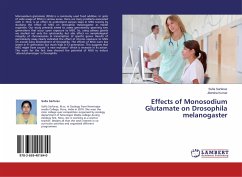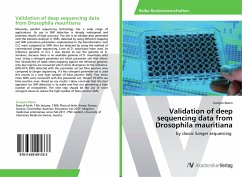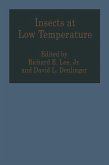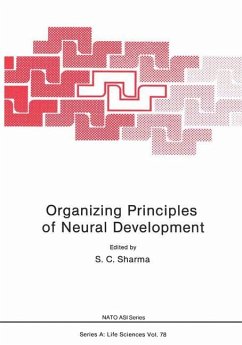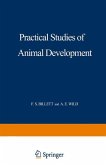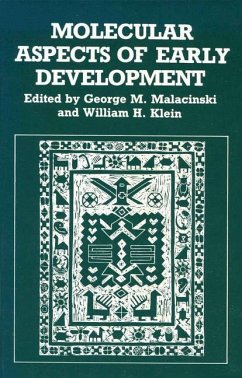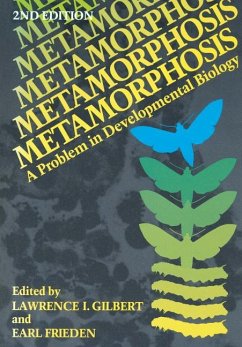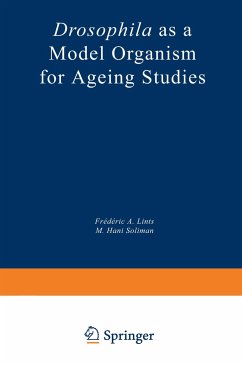Monosodium glutamate (MSG) is a commonly used food additive. In spite of wide usage of MSG in various areas, there are many problems associated with it. Here, is an effort to understand various steps in MSG toxicity by studying the effect of MSG on Drosophila melanogaster as model organism. Our study primarily aimed to assess genotoxicity spanning two generations that occur upon exposure to MSG. So, using salivary glands we studied not only the cytotoxicity, but also effect on morphological integrity of chromosomes & transcription of specific genes. Results of genotoxicity assay clearly indicated the effect of chronic exposure to MSG on overall wing development of Drosophila. The effects of MSG were less severe in F1 generation but much high in F2 generation. This suggests that MSG might have caused a new mutation which is recessive in its action. This work for the first time showed the potential of MSG to induce altered phenotype in Drosophila.

